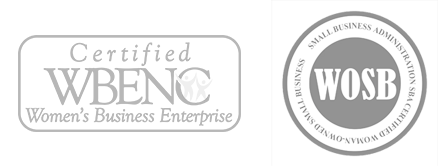GOOD SALES PROFESSIONALS are experts on the products and services they sell. This expertise inevitably creates a few blind spots. When you feel like you’ve seen it all — every prospect response, motivation and objection — it’s easy to occasionally jump to the wrong conclusion. It’s not realistic to assume your customers will remember most of what you tell them. Research shows customers forget 50 percent of your conversation within an hour, and 90 percent after just one week. Instead, focus the conversation around your prospect. The more the prospect talks about himself, the more he’ll remember the connection you made with him. Use open-ended questions to encourage him to talk more about challenges that your products and services can help solve. If the prospect sees the need for your products or services on his own, he is more likely to remember that need after you’re gone. Secondly, narrow your message down to a few key points that resonate with your prospect, and refer to them frequently throughout your conversation. If you assume that every prospect is the right prospect, you are setting yourself up for failure. Instead, when you walk into a prospect meeting, remember that you aren’t yet sure if this prospect is ideal for your company.
You are there to make a mutual decision about a partnership. If it isn’t a good fit, walk away. Your time is too valuable to invest in a low-probability sale or one from a customer that isn’t an ideal fit for your company. Just having a need for your products or services doesn’t mean that the prospect is motivated to make a purchase now. If the pain or need isn’t severe, you may be looking at a long sales cycle — or spending too much time attempting to shorten the process. Don’t hesitate to say, “It sounds like solving this problem isn’t critical for you at this time. I’d like to propose that we meet again in six months to reassess your situation.” Don’t assume you fully understand your prospect’s question. Questions are often just objections in disguise. Instead, acknowledge that the question is clearly an important one, and then ask for more clarification to uncover any hidden objections. Last but not least, never assume a prospect will call when he’s ready to buy. He may be ready, but then he gets caught up in other issues and forgets about you entirely — or your competition may follow up before you do, stealing your sale and benefiting from all the work you’ve done. Following up should always be a priority. Don’t jump to conclusions. Just ask.







